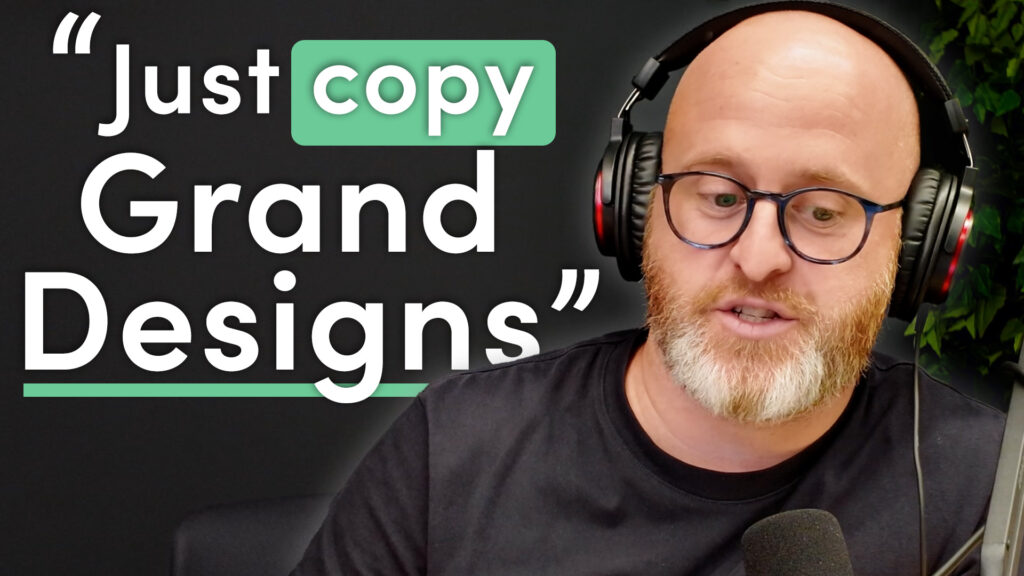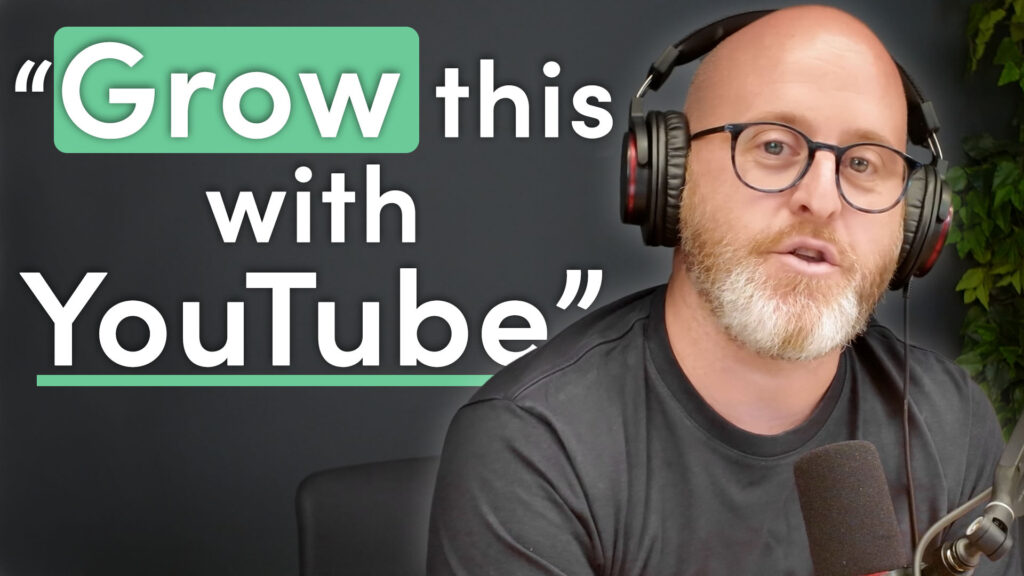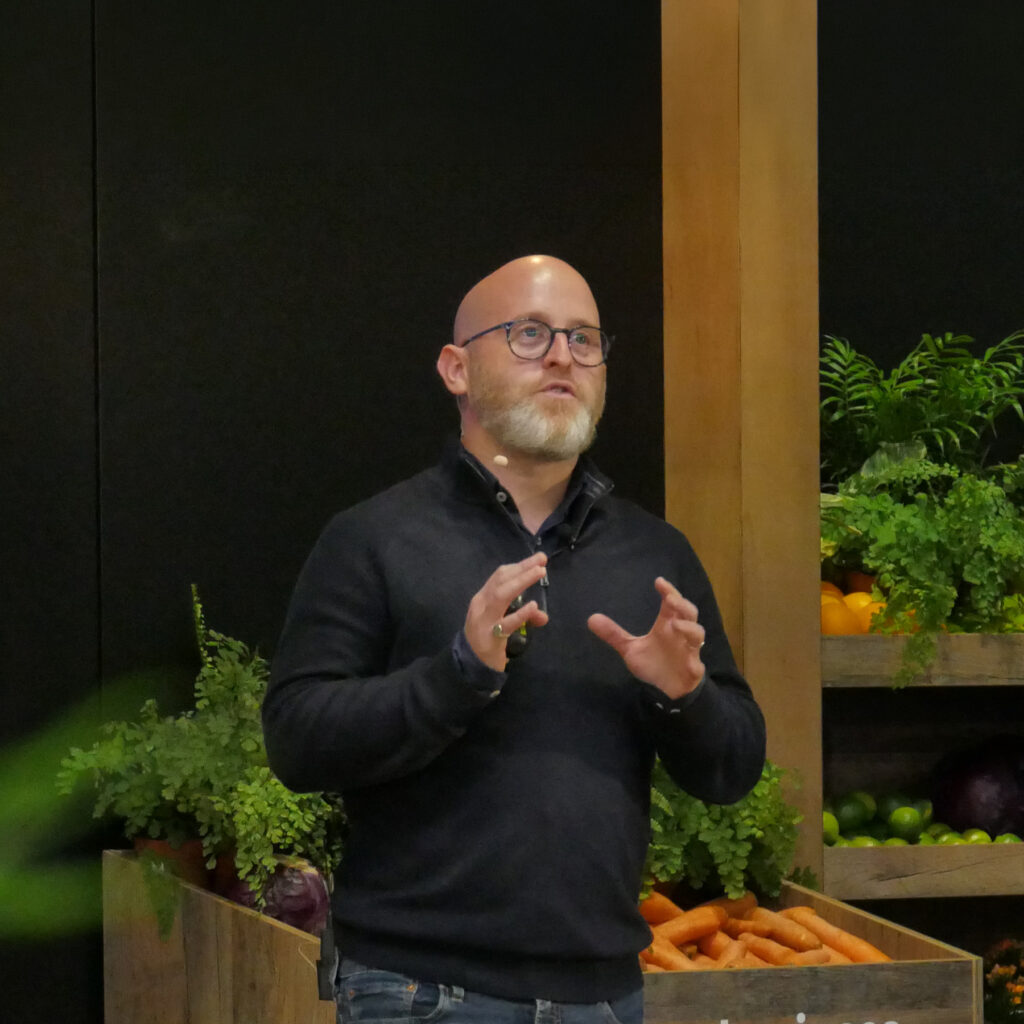In this episode of Grow with Evergreen, we welcomed Johnny and Brad, the co-founders of Salus Eyewear: a startup bringing style and substance to protective eyewear.
They launched the business just last year, surpassed £50K in their first 12 months, and now want to take things up a gear.
We delved into their backstory, explored their marketing challenges, and mapped out practical growth strategies for both retail and wholesale.
The Salus story
Salus Eyewear was founded in August 2024 by Johnny and Brad, two part-time founders with backgrounds in web development and construction. The idea was born in a pub, fuelled by a simple but powerful insight: most safety glasses are uncomfortable and unattractive, so why not make protective eyewear that people actually want to wear?
Their flagship products: the Flux and Nova, are EN166 certified and built to last, combining durability with great design.
A third team member, Tom, has since joined, bringing a valuable layer of health and safety expertise to the team.
Marketing challenges
Despite a strong product, the team freely admits they’re still learning when it comes to marketing.
Their current setup involves a small budget of around £700–£1,000 per month, split across Google Ads, Meta Ads, and affiliate marketing through Awin. The goal is clear: double their monthly orders, grow UK and European sales, and expand their wholesale accounts. But with limited budget and experience, the key is focus.
Retail vs. wholesale: finding focus
Right now, around 30% of Salus’ revenue comes from wholesale, while the remaining 70% is direct-to-consumer through their website. Most wholesale outreach has been manual: sending LinkedIn messages, making sales calls, dispatching samples, and working with influencers. But there’s huge potential here to scale this side of the business. That’s why we recommended doubling down on B2B.
To stand out, Salus could send tailored product packages to target accounts, complete with a handwritten note and a beautifully printed brochure. Add a QR code that links to a personal welcome video from Johnny or Brad, and you’ve got an outreach experience that people will remember. Follow this with personalised LinkedIn messages and a structured email sequence, and Salus can position itself as a premium, people-focused brand that does things differently.
On the retail side, D2C sales are working, but margins are tight. Their average order value is around £53 and repeat purchase rate sits at about 20%. Meta Ads have been more efficient than Google Ads in terms of cost per conversion, but the real issue is standing out. Competing with £5 safety specs on Google Shopping isn’t realistic when you’re positioning a premium product. That’s where branding, storytelling, and strong creative become essential.
Practical digital strategy
Wholesale is clearly the fastest growth lever for Salus. With limited resources, it makes sense to focus there: building relationships, nurturing leads, and using thoughtful, creative outreach to cut through the noise. On the Google Ads side, we recommend pausing everything except branded search. This keeps credibility high and ensures you’re capturing warm prospects who’ve already heard about you via other channels.
Influencer marketing is also worth continuing. Gifting to micro-influencers and encouraging user-generated content is a cost-effective way to build social proof. Prioritise sectors where safety glasses are used frequently (construction, trades, science labs, and automotive industries) to boost repeat usage.
Expanding the product range is another opportunity. Offering accessories like cases, lanyards, and cleaning kits will increase average order value and give customers more reasons to return.
When it comes to Meta Ads, the key is storytelling. Show your products in action, whether it’s on a building site, in a lab, or being worn by professionals who care about comfort and style. Use full-funnel ad campaigns and segment creative by sector. Highlight the product’s core selling points: anti-scratch, anti-fog, comfortable to wear, built to last, and actually stylish. These ads should make people think: “Why am I still wearing cheap, uncomfortable specs when this exists?”
Key takeaways
Salus shouldn’t try to do everything at once. Budget should go where it will have the biggest return, and that means prioritising wholesale first, before scaling D2C with better creative.
They need to lean into brand-building and storytelling, not just price competition. Direct mail with personal touches, like videos and notes, will elevate their B2B outreach.
Meta Ads should use sector-specific creative and be targeted by job roles or industry. Google Ads should be limited to branded search for now.
Structuring activity into 90-day sprints will help them stay focused and make meaningful progress without spreading too thin.
And above all, Salus should approach marketing with the confidence of a market leader, because perception matters just as much as product quality.
Summary
Salus Eyewear’s founders are proof that even with limited resources and industry know-how, you can make big strides by focusing on the right growth levers.
With a smart B2B strategy, memorable creative, and the right digital foundations, they’re perfectly positioned to scale both retail and wholesale.
For any product startup facing similar challenges, the message is clear: play to your strengths, double down on your most promising channels, and build a brand that stands out from the crowd.
___
👋 Never miss an update. Sign up for our weekly newsletter.
👉 See our Home & garden stories (case studies) to discover how we grow brands online.
👉 Subscribe to our YouTube channel.
👉 Follow our Grow with Evergreen podcast on Spotify, YouTube & Apple Podcasts.
👉 Register your interest in our Home & Garden Club






